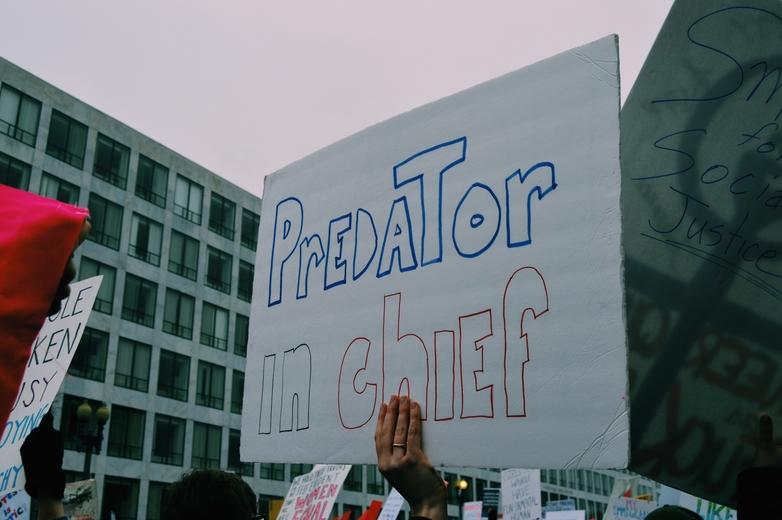Your donation will support the student journalists of Tulane University. Your contribution will allow us to purchase equipment and cover our annual website hosting costs.
Ella, 18, cisgender woman, white:
January 28, 2017
I am an 18-year-old, incredibly privileged, white woman. I attend a school that has more students from the top one percent of the income scale than the bottom 60. I have never felt personally or individually discriminated against for being a woman, other than the occasional catcall and unwelcome bar grope.
I do, however, recognize that our patriarchal society systematically works against me and those who identify with my gender. I also recognize and feel that it is my responsibility to work towards ensuring that every other woman on this earth is afforded the privileges that I have and that we all have a right to.
I came into feminism admiring “the greats”: Mary Wollstonecraft, Alice Paul, Elizabeth Stanton, Susan B. Anthony, Simone de Beauvoir. These women were, in many ways just that—great. They vindicated our rights, validated our identities and were subjected to persecution and brutalization in pursuit of our ability to participate in the democracy of which we are citizens.
They were not, however, flawless. They left people out and allowed people to be marginalized in a fundamental and inadmissible way. First-, second- and third-wave feminism were all incredibly exclusionary of any non-white, non-cisgender person. Alice Paul even required black women to march in the back of her parades for voting rights, in fear of the withdrawal of southern feminist groups.
We are now moving into an era called fourth-wave feminism, and I feel that intersectionality will be the cornerstone of this new wave. I truly believe that last weekend’s march will be remembered as the first major demonstration in the fourth wave of feminism.
It certainly wasn’t perfect. There was a lot of division up to and after the march, and a lot of it was caused by my fellow cis, white women and their need to feel validated by a cause that they see as leaving them behind.
But the platform itself was written by a group of people who came from a wide range of gender and ethnic identities and was very inclusive, stressing the importance of intersectionality and support for those marginalized by the current political narrative. The march was incredibly peaceful and planned in cooperation with local law enforcement, a respect that was lacking and would have been appreciated at earlier Black Lives Matter protests. The march also seemed respectful of all identities, although severely lacking in general representation of some identities.
We have come a long way. We have a long way to go. Saturday’s march empowered me to be the kind of woman who stands up for women who aren’t afforded the same opportunities as I am. I will not accept the subjugation of my fellow human beings who identify as women. The march does not end here, and it does not end after the “10 things to do in the first 100 days.” I cannot wait to see what becomes of this movement.
So many women of color, transgender women, and other marginalized female activists have sacrificed so much in the pursuit of equality and intersectional feminism. We owe it to them to keep up that fight. I plan to spend the rest of my life as a politically active citizen, ensuring that when my daughters become feminists, instilling intersectionality won’t be necessary, intersectionality will be a fundamental, unquestionable part of identifying oneself as a feminist.


Leave a Comment